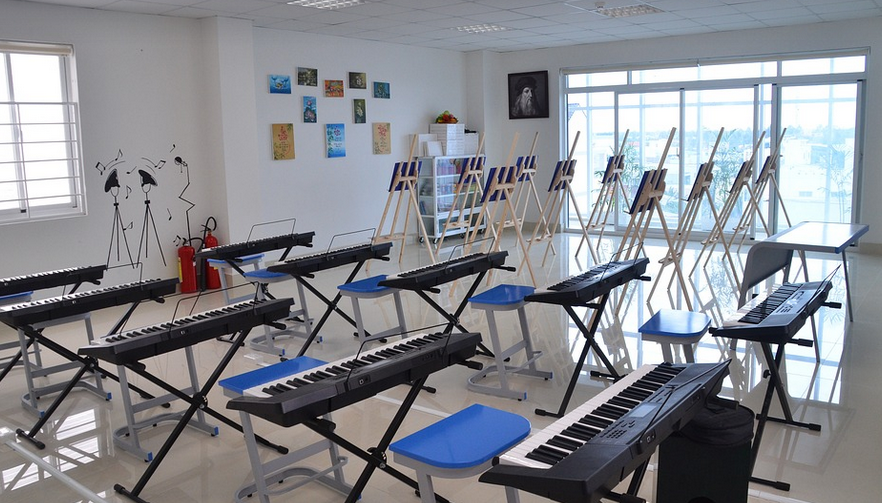
What is Pathological Demand Avoidance (PDA)?
Pathological demand avoidance training, or PDA training, is a specialized approach designed for individuals struggling with intense anxieties and resistance to demands. This isn’t about simply “training” or teaching someone; it’s about deeply understanding their unique needs and sensitivities and creating strategies that meet them on their own terms.
Imagine a child who feels overwhelmed even by the simplest requests, like asking them to put on shoes or eat a snack. This is often a sign of PDA. It isn’t just about being “difficult” or “stubborn.” Instead, individuals with PDA experience extreme anxiety and discomfort when faced with demands, leading to behaviors that might seem challenging – from refusing to engage in activities to engaging in self-sabotaging actions.
PDA is a spectrum disorder. It’s not simply about being highly sensitive or shy, but a unique set of experiences characterized by intense emotional discomfort and resistance to demands. The severity of their anxieties can vary greatly between individuals, impacting everything from daily routines to long-term goals.
The Importance of Understanding PDA
To truly understand PDA training, we need to break down the core principles that drive these behaviors. It’s not about “fixing” the person but rather working with them to develop coping mechanisms and create a more manageable environment that supports their well-being.
For example, someone with PDA might feel overwhelmed by the prospect of participating in a group activity. Instead of forcing them into this situation, PDA training would involve understanding what truly triggers their anxiety and exploring alternative ways to engage – such as a one-on-one interaction or a less structured setting.
The Role of Family and Social Support
PDA is often misunderstood by people who haven’t lived with it. Because the emotions and behaviors associated with PDA can sometimes be difficult to predict, training requires dedicated support from family members and close friends. It’s about creating a safe space where the individual feels comfortable expressing their struggles and learning how to navigate demanding situations.
This doesn’t mean sacrificing the goal of teaching self-sufficiency or independence; it simply means that those strategies need to be adapted to accommodate the individual’s unique anxieties and sensitivities. It’s about meeting them on their own terms, not forcing them into a pre-defined pattern.
PDA Training Strategies: A Case Study Example
Think of a child who struggles with making transitions between activities, like moving from playtime to homework time. This might trigger intense anxiety and resistance, leading to meltdowns or refusal to engage in the transition process. Here’s how PDA training could come into play:
“We start by understanding their anxieties around transitions and identifying what triggers them most. Maybe it’s the change in activity, the new environment, or even a change in routine. We then explore alternative strategies that reduce the pressure of these transitions. For example, we can: 1) break down tasks into smaller steps 2) create visual schedules with clear timeframes 3) involve them in the preparation for transitions 4) offer choices and allow them to have some control over their environment. This allows the individual to feel more empowered and less anxious about these transitions.”
The Benefits of PDA Training: A Journey Towards Success
PDA training isn’t just about overcoming obstacles; it’s about helping individuals build self-confidence, develop valuable coping mechanisms, and embrace a more fulfilling life. It’s about creating an environment where they can thrive.
Ultimately, PDA training aims to empower individuals with PDA by providing them with the tools they need to navigate their world in a way that is both respectful of their needs and conducive to success.
Where to Start
If you suspect someone you know might have PDA, or if you are navigating this yourself, remember there are resources available. Reach out to professionals who specialize in PDA training.
The journey of understanding and navigating PDA can be challenging, but with the right support, it’s possible to create a more fulfilling life for individuals struggling with this condition. Remember, PDA is not about “fixing” someone; it’s about empowering them to live their best life on their own terms.




